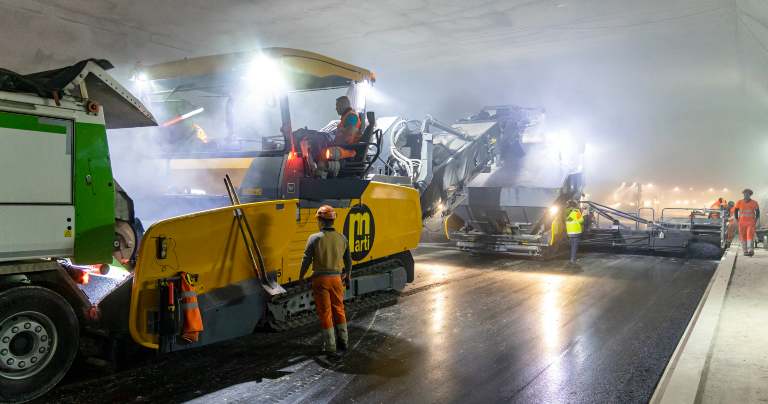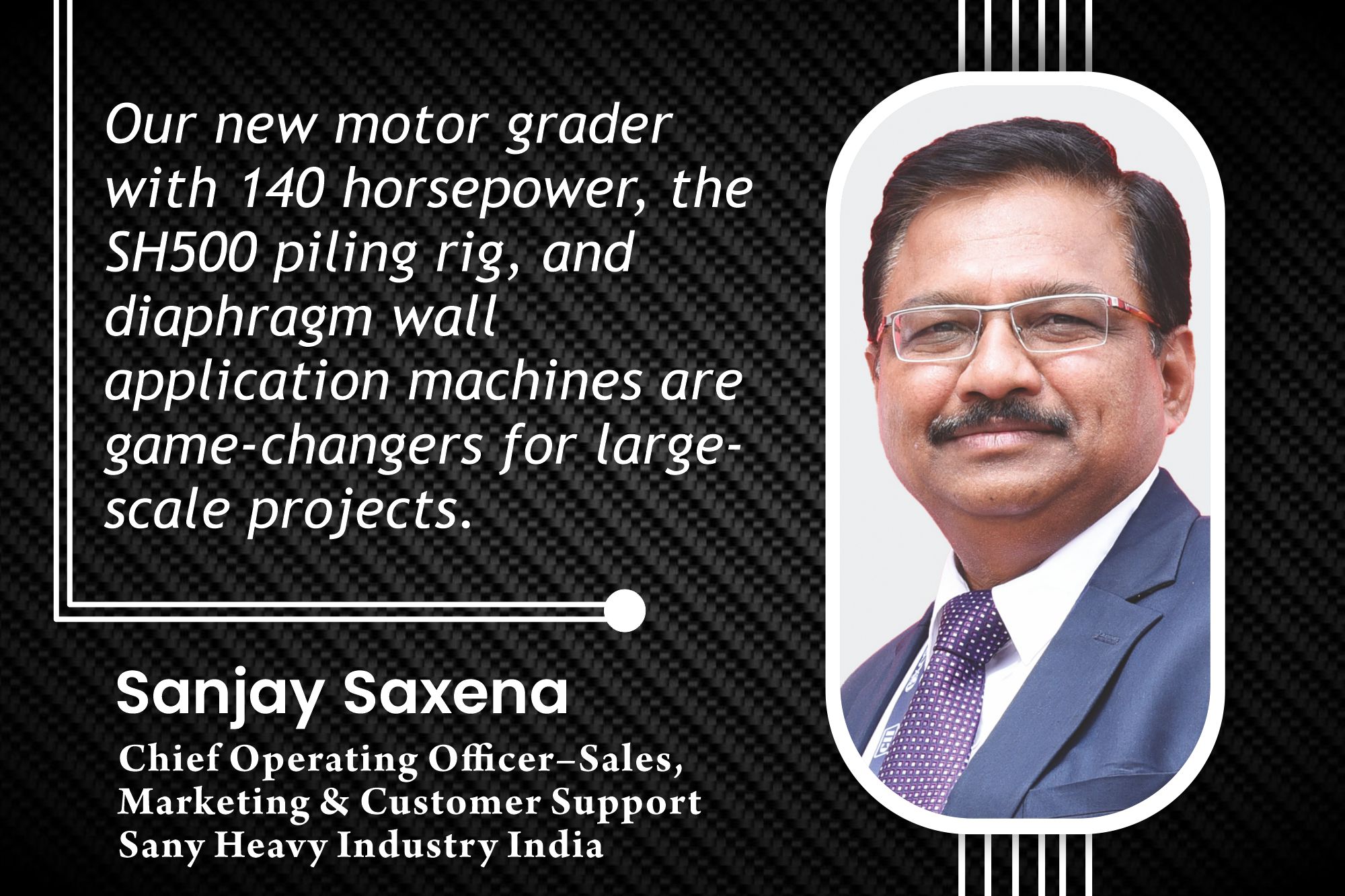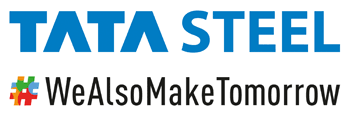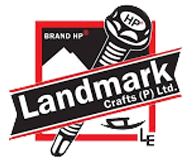Vögele – Smart road construction in Switzerland’s widest tunnel
By Edit Team | October 28, 2021 6:51 pm SHARE

Large-scale project featuring process optimisation and machinery from Vögele
Vögele is one of the biggest infrastructure projects in Switzerland: The third tube of the 2 mile (3.2 km) long Gubrist Tunnel is scheduled to open in 2022 as part of the northern bypass route around the city of Zurich. With a diameter of 52 ft 6 in (16 m), it is the largest tunnel tube in the country, and is intended to ease chronic congestion on the route by providing three additional lanes toward St. Gallen and Berne. The demands on the road construction method were correspondingly high. The approximately 22,046 US t (20,000 metric tons) of asphalt had to be paved on a tight schedule, meeting the highest quality standards, in the face of complex tunnel logistics, while navigating the need to work side by side and in heavy traffic. Contractor Marti AG Solothurn decided to manage the project using a digital road construction solution. “As one of the largest construction companies in Switzerland, the Marti Group has for years been actively driving digital transformation in all its sectors, from building construction to civil engineering. On a project of this scale, it was obvious to us that we should deploy a solution that would not only allow us to map the planning digitally, but also to actively control the processes on the job site,” says Civil Engineering Operations Manager Cedric Berrut.
The 37 ft 9 in (11.5 m) width paving of the Gubrist Tunnel demanded optimal coordination and maximum efficiency. That’s why contractor Marti AG Solothurn chose Vögele’s WITOS Paving Plus software-based process optimisation solution to drive the digital job site. It interlinks all the involved parties in real time, and offers lots of benefits, particularly on large-scale projects.
Integrated system solution from the paver manufacturer
The WITOS Paving Plus from Vögele was the chosen application. The process optimisation solution software interlinks all the parties involved, from the site manager, mixing foreman and paving foreman, to the paver operator. It consists of five modules: Control, Materials, Transport, Jobsite, and Analysis. That means job site planning, mix supply and transportation, the asphalt paving, and subsequent process analysis can all be managed by a single system in real time. It enables just-intime delivery to the job site and continuous paving without having to stop the paver, among other benefits. The paving team is able to respond in a targeted way to any disruptions in the process. Berrut continues, “A benefit from our point of view is that WITOS Paving Plus is an integrated solution precisely matched to the pavers by their manufacturer. so we have direct access to all the machine data.”
Intelligent process control and state-of-the-art machine technology
The job site was a first for the contractor in other respects too: At 37 ft 9 in (11.5 m), it was the widest seamless paving job undertaken in Switzerland to date. That’s why Marti also added two more Vögele machines to its fleet: The high-performance MT 3000-2i Offset mobile feeder and the SUPER 2100-3i paver combined with the SB 300 fixed-width screed. Working together with the Highway Class paver, the manufacturer’s second largest screed achieves pave widths of up to 42 ft 8 in (13 m), and so was ideal for seamless paving of the three-lane road. A 3 in (8 cm) thick foundation, base and binder course and a 1.6 in (4 cm) thick surface course was to be paved in two phases over a total distance of 2 miles (3.2 km). “So, we needed a powerful machinery combination comprising a mobile feeder, paver and screed that could deliver a perfectly level result even over a large width, paired with intelligent process control to ensure maximum process efficiency,” Berrut recalls.
WITOS Paving Plus simplifies logistics
Paving in the Gubrist Tunnel posed a number of logistical challenges to the planners, site management and paving team. Contractor Marti AG Solothurn’s mixing plant is located some 60 miles (100 km) away at Walliswil near Niederbipp. To avoid traffic jams on the busy route, and minimise delays caused by side by side working in the tunnel, Marti decided to pave at night. The Vögele process optimisation solution helped to coordinate the logistics. The planner used the Control module to record and monitor all the key parameters, the required machines, the material quantities and their scheduling. The system transmitted the calculated number of trucks to the mixing plant, crosschecked the figure against the plant’s data, and from that calculated the truck scheduling and on-site arrival times. “The planning and production of the mix was much more precise,” Berrut reports. “As a result, we were able to optimally coordinate the paving and compaction processes with the material deliveries.”
Continuous paving, improved capacity utilisation
The Jobsite module provided the foremen, supervisors and paver operators with a real-time overview of of construction progress, the paving rate and mix delivery throughout the project. They could identify any deviations from the plan in terms of paving duration, distance or mix quantities on a tablet or on the operator’s console and respond as required. “That meant we could ensure continuous paving, and so guarantee the right quality,” says Berrut. The Analysis module provided the proof that the precise scheduling significantly reduced waiting times and meant fewer asphalt trucks were needed than on comparable job sites. “That ultimately results in reduced material and transport costs, lower emissions, better capacity utilisation, and at the same time higher quality.”
A practical system offering great potential
Another advantage of the WITOS Paving Plus system is that it can operate even under difficult conditions such as in the Gubrist Tunnel. To ensure reliable data transmission, Marti used a GSM network routed into the tunnel by additional antennas. Berrut continues: “The job demonstrated that WITOS Paving Plus is a practical solution for us that offers great potential. It integrates well with our digital infrastructure and provides data that we can use for our BIM models. That’s a key aspect which we are continuing to develop together with Vögele.” Marti is planning to deploy the system in the future on all its cantonal and federal road construction, as well as larger projects.
Cookie Consent
We use cookies to personalize your experience. By continuing to visit this website you agree to our Terms & Conditions, Privacy Policy and Cookie Policy.








































































